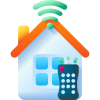- Home
- Smart Lights
Smart Lights - Experience Elegance with Ambiance
Versatile Feature - Remote Access - Great Sense of Opulence.
Looking for a smart lighting installer
Quality smart lights installation service in Toronto
Personalize Your Home/Office
NetraClouds automatic smart lights enable you to create the perfect moods by regulating the lights easily in a range of ways, from colorful party nights to bright, cheerful morning lights.
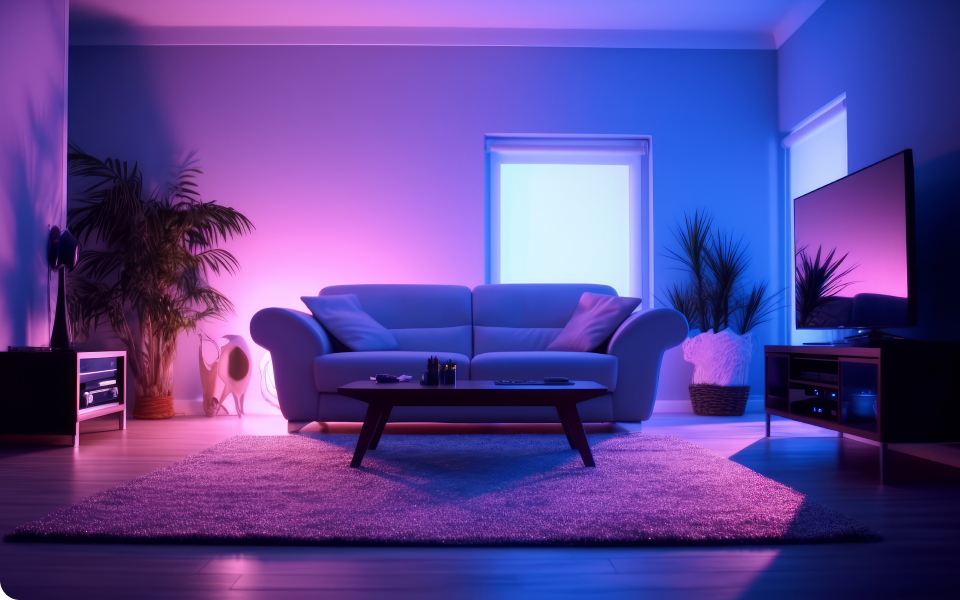
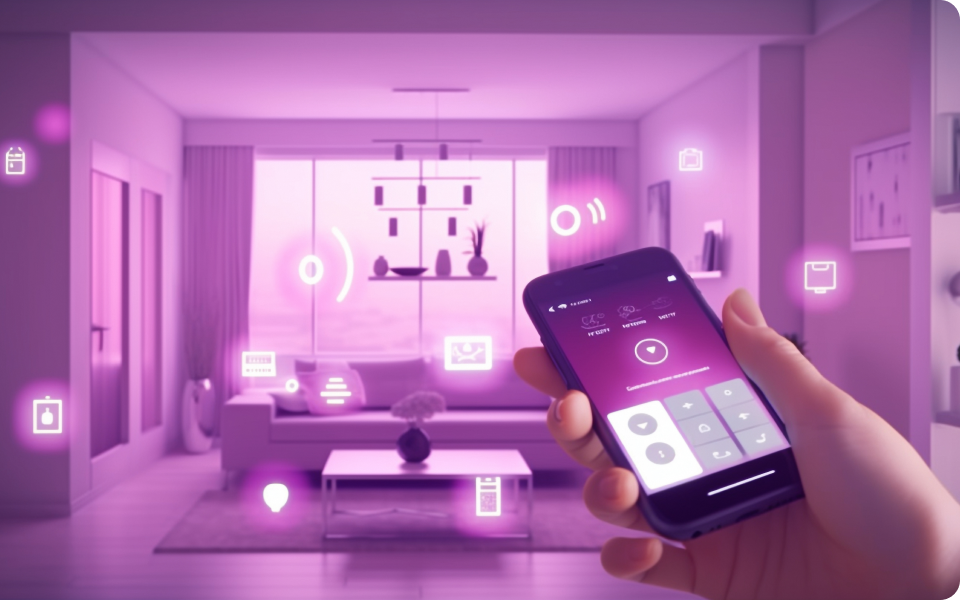
More Than Just A Light Switch
Lighting is no longer only a prime need of a home. It’s more of an aesthetically pleasing experience that can enhance your happy times with your loved one.
Integrated Home Lighting Control
NetraClouds, empowered by Control4, allows you to get the liberty to designate the interior and color according to the mood and feel of that room.
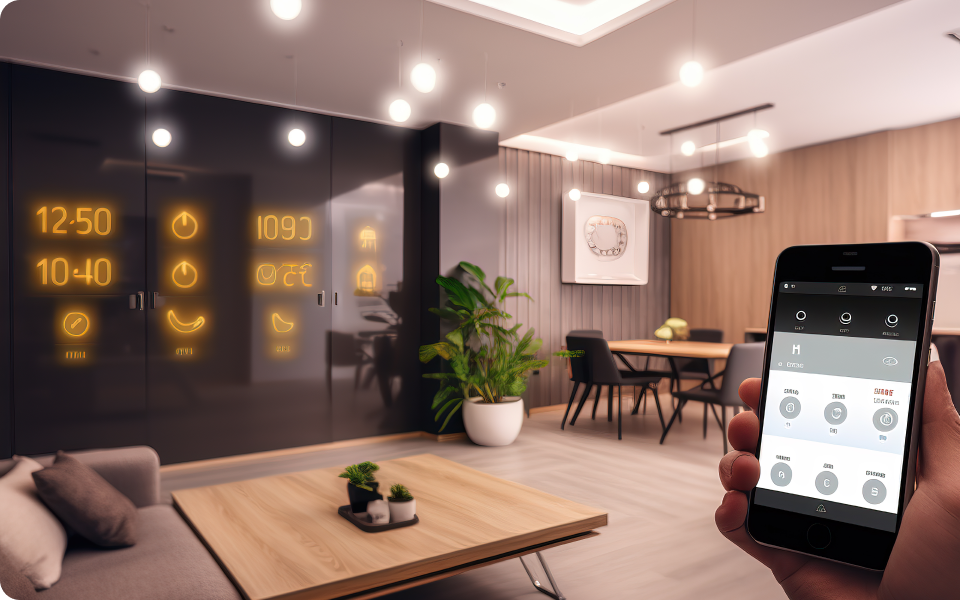
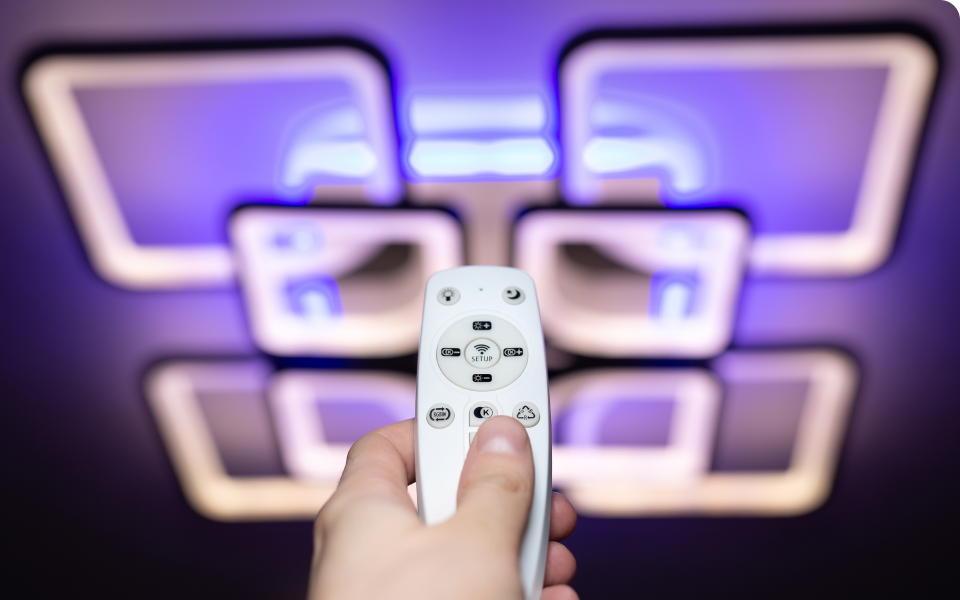
Smart Away
Program the lights to switch on and off at convenient times to save energy and never return home to a dark house again. Take control of the lights to give yourself a little more peace of mind when you’re gone from home—no need for a smart assistant.
Our Partners
Delivering Exceptional IT services Worldwide Over A Decade


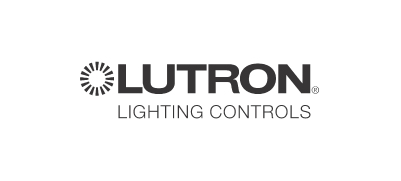
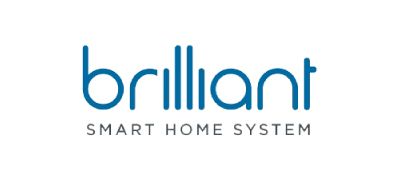
Frequently Asked Questions
Smart lights are light-emitting diodes (LEDs) programmed to control home lighting remotely. Smart home lighting is an energy-efficient and longer-lasting alternative to traditional home lighting.
Smart lighting is your traditional lighting with additional features and controls. i.e.
- Smart lights are voice-enabled.
- You can control smart lights remotely via your phone.
- You can turn smart lights on/off anytime and even schedule them to turn on at fixed times.
- You can change your smart lights’ colour, warmth, and intensity as per the environment.
Above are the features that make smart lighting different from traditional lighting.
Smart home lighting is an essential component of smart homes. Smart home lighting lets users control their home lighting via smartphone or tablet virtually anywhere. Smart lights connect to your smart home app through WiFi, Bluetooth or a hub/bridge.
Smart lights are operated through wireless connectivity. The built-in sensors and advanced technology allow the user to manage home lighting remotely. Smart home lighting will enable you to access your home via apps, voice commands, or automation systems. NetraClouds offers energy-efficient, customized smart home solutions.
Smart lighting has some cons to consider:
- Cost: Smart home lighting has more installation cost than traditional lighting.
- Reliance on Technology: Since smart lights are technology-dependent, technical issues may occur with connectivity problems.
- Complexity: Smart home lighting’s setup and configuration is more complex and need an expert to install them.
- Security Concerns: Home lighting is connected to a network and can be accessed through smartphone devices so these vulnerabilities may expose your system to unauthorized access.
- Limited Compatibility: Not all systems or devices are compatible with your home system.
- Dependence on Power and Connectivity: Smart home lighting setup requires a constant power supply and reliable connectivity.
- Choose a compatible smart home platform.
- Set up the smart home hub if required.
- Connect and set up your smart lights.
- Pair the devices using the smart home app.
- Group devices and create scenes.
- Enable voice control or automation to control them together.
Smart home lighting offers convenience, energy efficiency and an aesthetically pleasing place you can control remotely. However, the experience and worth depend on the user. The factor that affects the user experience is cost, customization, technical considerations, and compatibility with existing devices.

